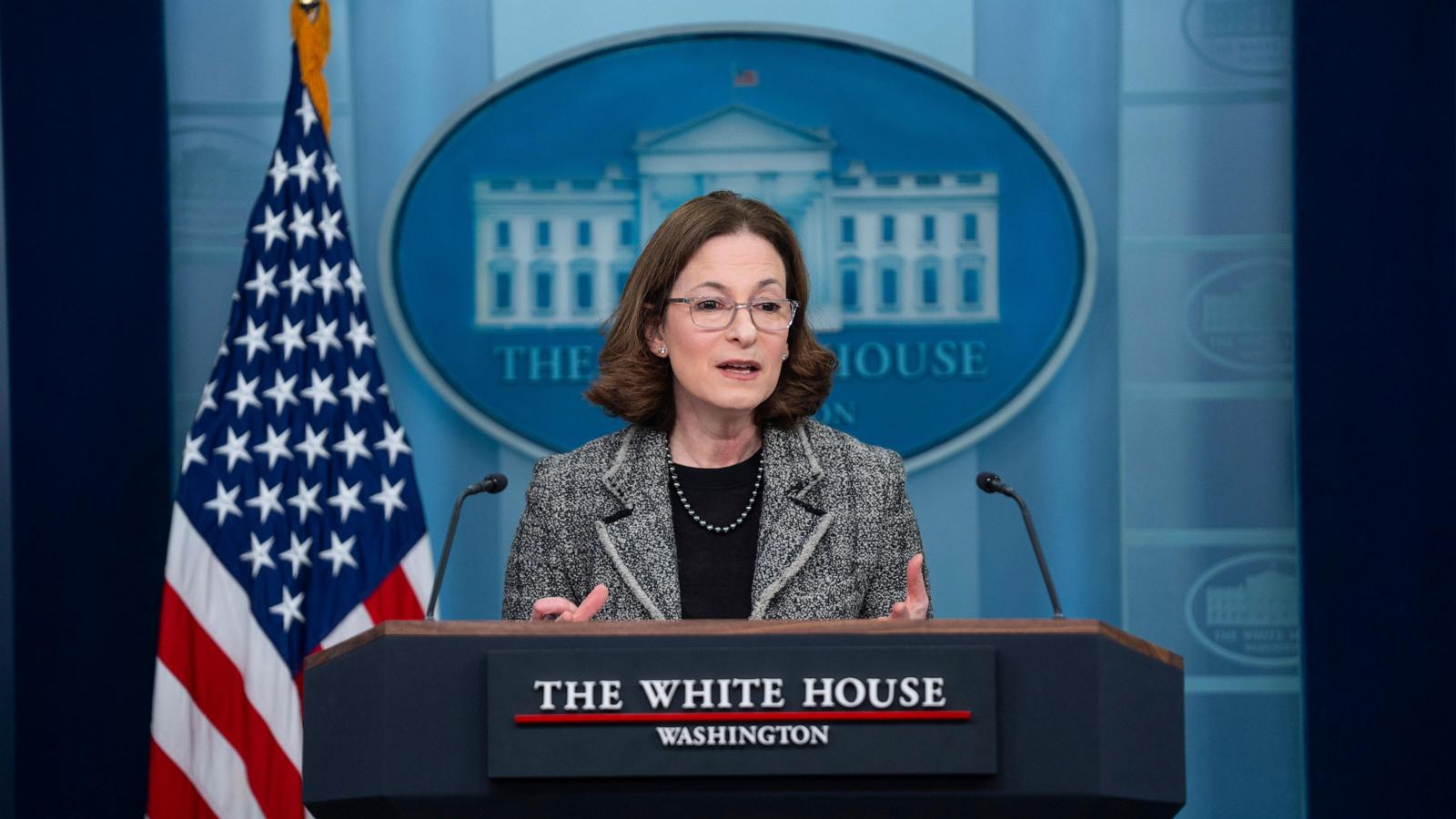Will the Biden-era Gender Policy Council Survive the Trump Administration? A Shocking Revelation!
The Biden administration's Gender Policy Council, established in 2021, has been a powerful force in advocating for women's rights and reproductive healthcare. But with a change in presidential administration on the horizon, the council's future hangs precariously in the balance. This isn't just some political squabble; it's a potential turning point for women's health and rights in America. Let's dive into the details of this unfolding drama and uncover what's at stake.
The Council's Fight for Reproductive Freedom: A David vs. Goliath Story
The Gender Policy Council has played a crucial role in defending access to reproductive healthcare, a battle that's intensified since the overturning of Roe v. Wade. This fight has brought to light several critical issues, including the inadequate funding and research surrounding women's health. The lack of research in women’s health disproportionately harms women because medications are designed and tested primarily on men, so it's crucial to allocate more funds to ensure safe and effective medical options for women's specific needs. Their efforts include safeguarding access to reproductive healthcare and working with the Department of Health and Human Services (HHS) to remind hospitals of their obligations under the Emergency Medical Treatment and Active Labor Act (EMTALA) – ensuring women receive necessary care in emergencies, even amidst restrictive state laws. They also worked to secure almost $1 billion in funding for research on women's health issues.
The Dire Situation Facing Women's Healthcare
The reversal of Roe v. Wade created a complex landscape for reproductive rights, resulting in alarming disparities across states. The Gender Policy Council has bravely confronted these challenges, ensuring that women facing pregnancy complications and emergencies receive timely and appropriate medical treatment, regardless of their location. The stories of women being turned away during miscarriages and left bleeding in parking lots due to restrictive abortion laws underscore the urgency of the Council's work. Many women live in states that criminalize the medication abortion process making obtaining necessary and timely healthcare particularly difficult. Additionally, we cannot discount the need for comprehensive sex education that informs and helps youth understand their health options while considering other issues like abstinence, relationships and consent.
The Looming Threat: Project 2025 and its Implications
Project 2025, a conservative handbook guiding the incoming Republican administration, recommends abolishing the Gender Policy Council. This proposal sends shockwaves, signaling a potential rollback of crucial progress made toward gender equality and reproductive rights. The handbook alleges the council promotes abortion and unnecessary surgeries, which are blatant mischaracterizations of its wide-ranging and vital mission. They suggest reallocating efforts to ‘promote life and strengthen the family’, neglecting the various issues and specific concerns women and mothers face.
A Comprehensive Attack on Women's Rights
The potential dismantling of the council represents a much broader assault on women's rights. This plan doesn't just threaten reproductive healthcare, it challenges policies promoting equal pay, increased female participation in the workforce, and initiatives addressing critical gender-based violence. The proposal to replace civil servants with loyalists signals a larger plan to replace the qualified experts dedicated to advancing issues pertinent to women and instead appoint ideologically loyal individuals more willing to serve a specific agenda.
A Bipartisan Past? The Politics of Women's Health
While some issues addressed by the Gender Policy Council have shown bipartisan support, the battle over reproductive rights remains extremely contentious. While legislation like the Violence Against Women Act has found common ground, access to reproductive healthcare, including abortion, serves as a deep partisan divide. Even the possibility of restricting access to medication abortion shows the political uncertainty involved and what could be on the chopping block with the incoming administration.
Navigating the Political Landscape
The council has attempted to move beyond partisan gridlock to focus on the essential well-being of women. While previous initiatives found bipartisan support, reproductive healthcare is inherently divisive. The uncertainty surrounding future abortion laws highlights the vulnerability of these women's rights policies. However, it's vital to remember that ensuring safe and equal healthcare for women and their families benefits society as a whole, transcending narrow partisan divides. The Gender Policy Council continues to push toward common ground to help provide the support and essential access to care for American women.
Trump's Shifting Stance and Uncertain Future
President Trump's ambiguous position on abortion access has added more uncertainty to this sensitive issue. His recent statement about medication abortion and his history on abortion rights suggest he continues to weigh policy in response to the political currents. This adds a new layer of anxiety over the uncertainty of the policies designed to protect the most vulnerable. The shift suggests that whatever plans were being implemented by the Gender Policy Council could easily be changed. It remains unclear if the plan to eliminate the Gender Policy Council will happen given President Trump’s own vacillating statements.
Take Away Points:
- The future of the Gender Policy Council is uncertain under the incoming administration.
- Project 2025's recommendation to eliminate the council is a significant threat to women's health and rights.
- The political landscape surrounding women's health and reproductive rights remains deeply divided.
- The council’s work is vital to advancing various concerns impacting the lives and health of American women, highlighting the vital need for continued political focus on these issues.
- The Gender Policy Council will attempt to secure and advance the interests and needs of American women despite this political threat.




